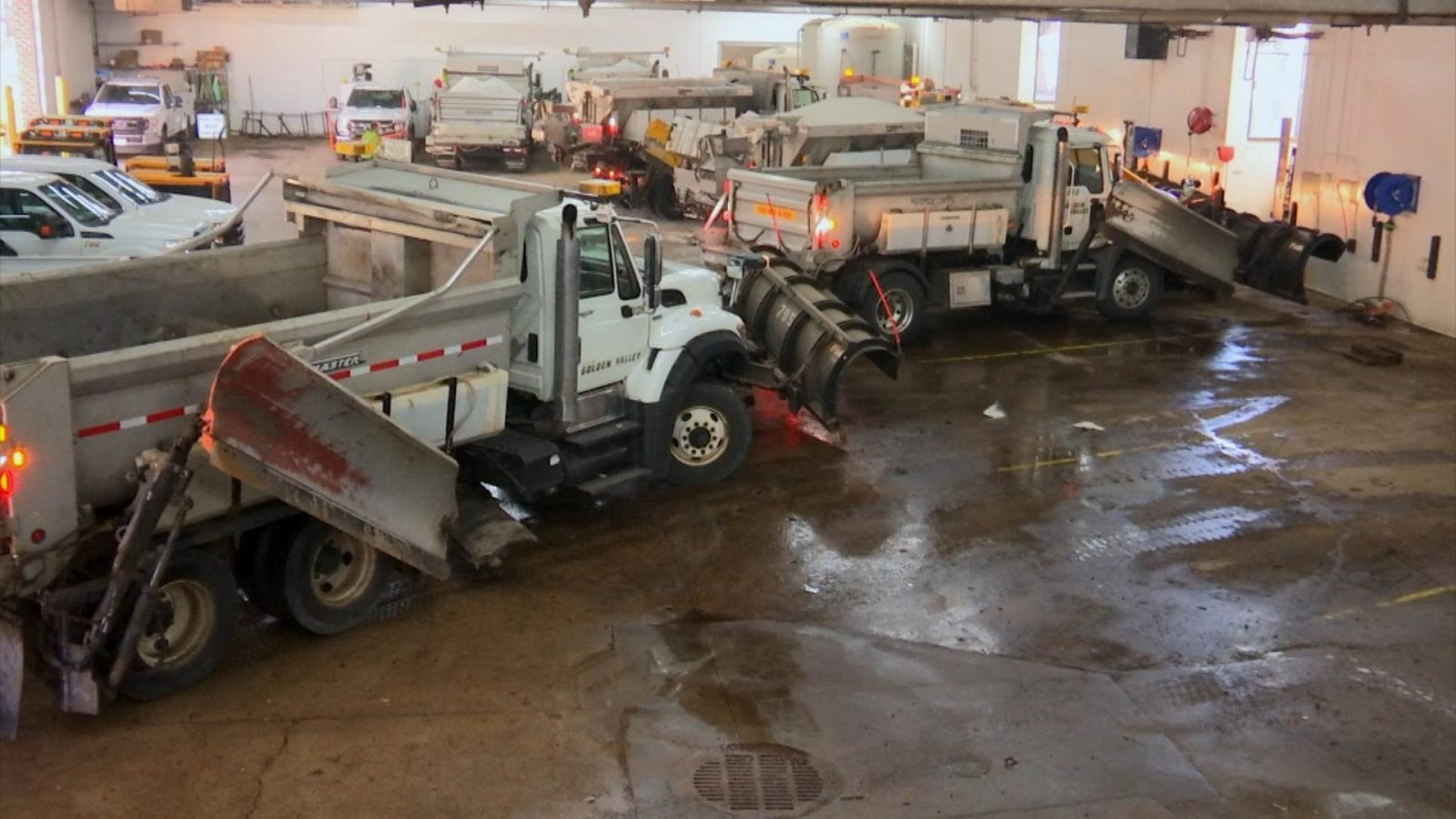Golden Valley Sending Tax to Ballot for Public Safety, Public Works Facility
Golden Valley is sending a sales tax proposal to the ballot for the next election.
The Golden Valley City Council approved the measure on July 18.
The city has plans to use revenue from a 1.25 percent sales tax increase to build new public works and public safety buildings.
“We’ve got one shot at this,” said Golden Valley Mayor Shep Harris.

A view from inside a Golden Valley public works facility. If voters approve a 1.25 percent sales tax proposal, Golden Valley may relocate its public works facility, as well as its public safety facility.
Sales Tax Expected to Generate $6.25 Million Per Year for Golden Valley
The city plans to add the tax to gross receipts from retail sales.
According to the city, clothing and staple groceries are not taxable.
If approved, the tax is expected to generate $6.25 million per year.
Through a state law approved during the last legislative session, Golden Valley can use the revenue “to pay the costs of collecting and administering the tax and paying for the [public works and public safety] projects in the city, including securing and paying debt service on bonds issued to finance” construction.
The city can use up to $15 million in revenues to purchase land for a new public works facility. Up to $45 million can be used to build the new public works facility.
Likewise, the city can collect up to $45 million for the construction of a new public safety facility on the site of the old public works facility.
‘Spread That Burden Out’ Through Sales Tax
“We’ve definitely heard from residents over this past year, the shock of such a large levy increase last year,” Harris said. “And so there may be some heartburn over seeing something like this on the ballot. But what I’ll say is, one way or another, we have to pay for this. If you want your parks to be in good shape; I hate to say this, if you’re house is on fire, you want the fire department to get there in a timely fashion; if you want your streets swept, if you want your streets plowed, we need to have good facilities that will house the equipment and take care of our employees.”
The city will still need to select the specific ballot question that will appear in front of voters this November. The council expects to vote on that language in August.
“We can either pay for it completely, on our shoulders 100 percent,” Harris said. “Or, we can spread that burden out.”


